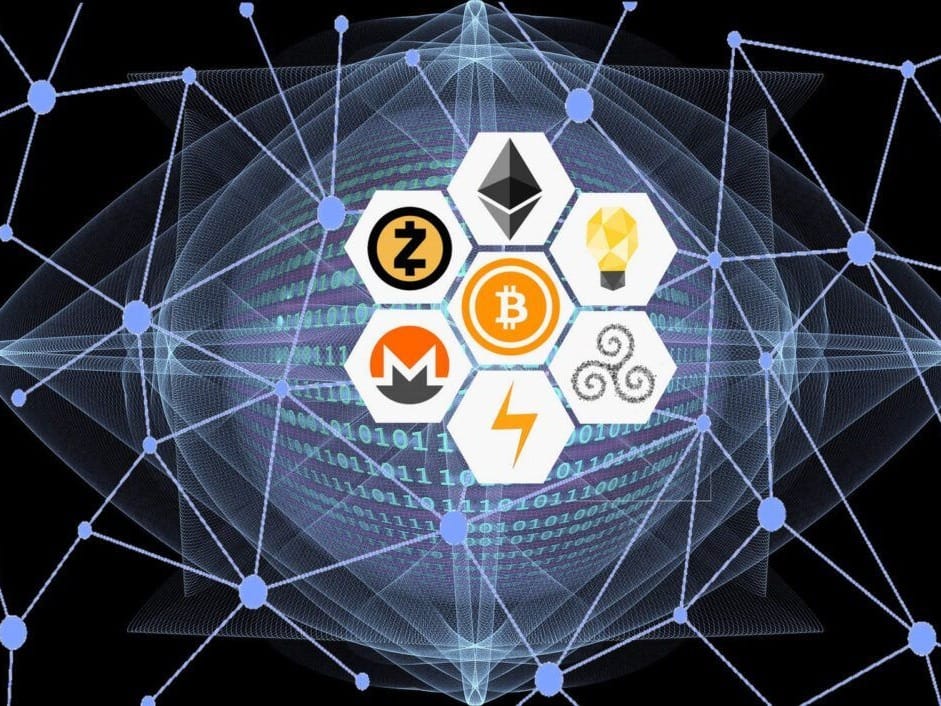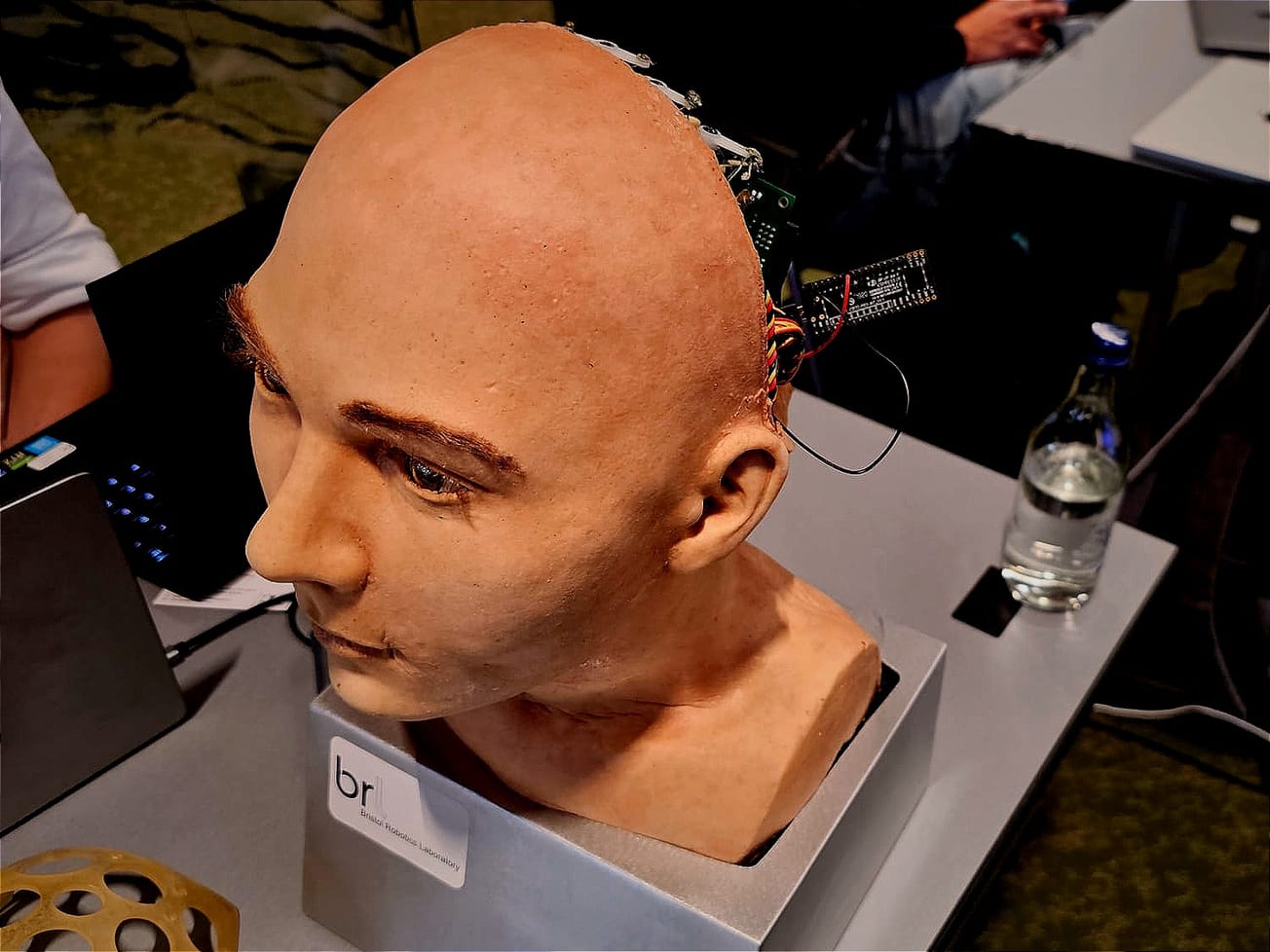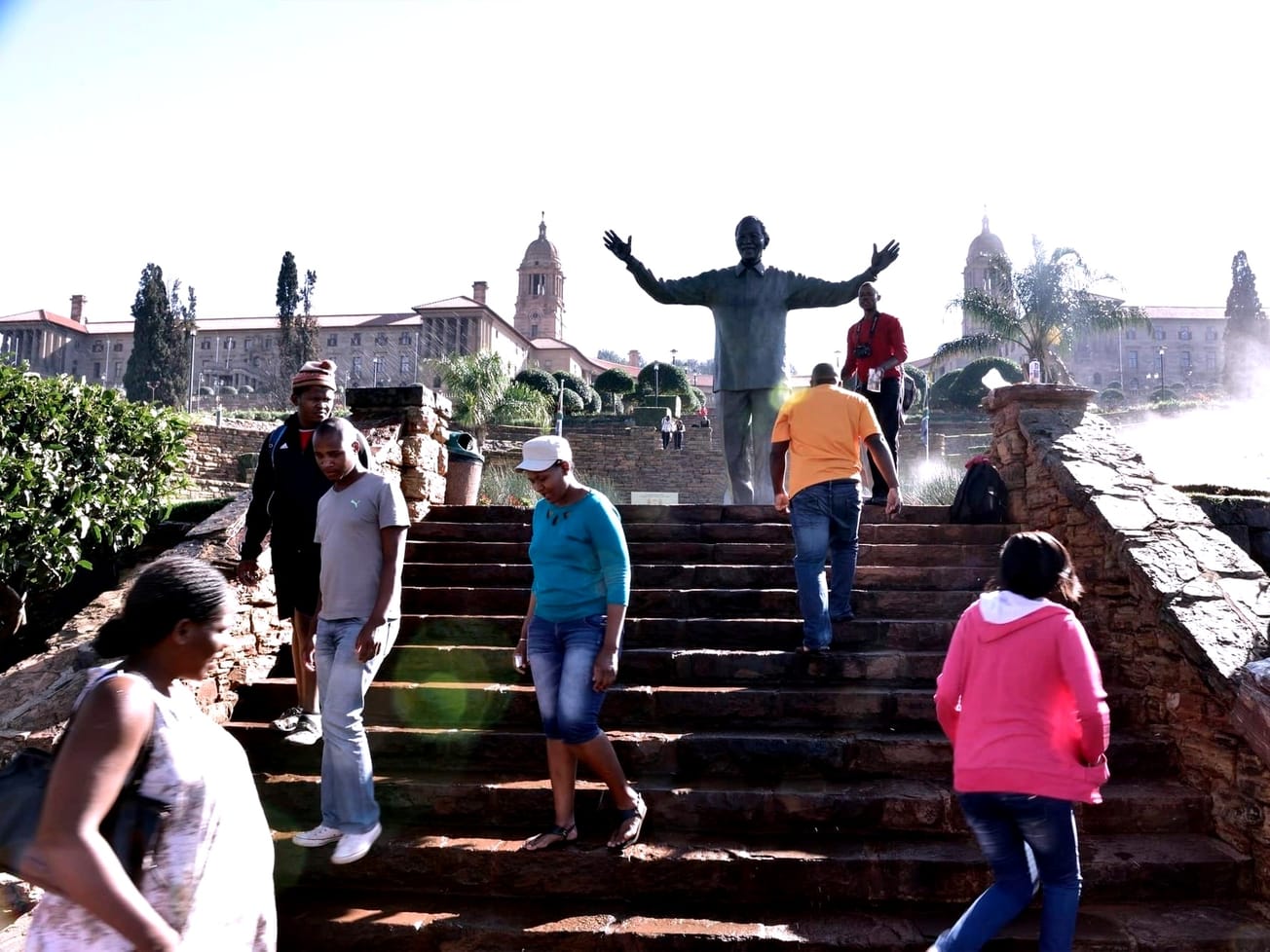UNITED NATIONS (AN) — A decade after its invention, the blockchain technology that powers Bitcoin and other cryptocurrencies is inspiring the launch of new international organizations and potential new uses as it heads along a path towards standardization.
Blockchain is often spoken about in superlatives, and it has the potential to transform not only banking, cryptocurrencies and supply chains but also everything from agriculture, health care and humanitarian aid to voting, business and property records. Like every other technology, however, its relative value and merits depend on the people who make use of it.








